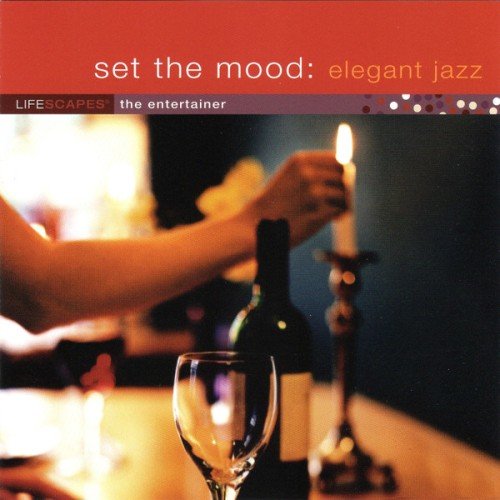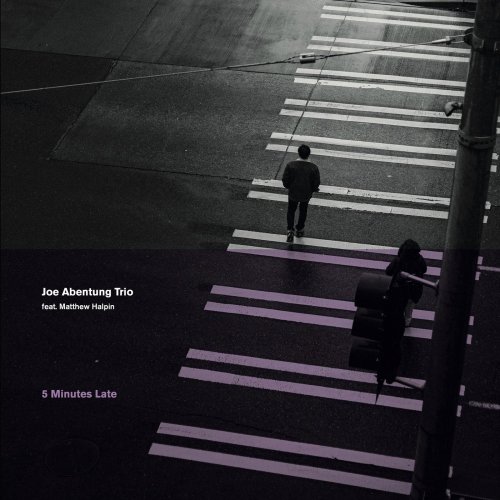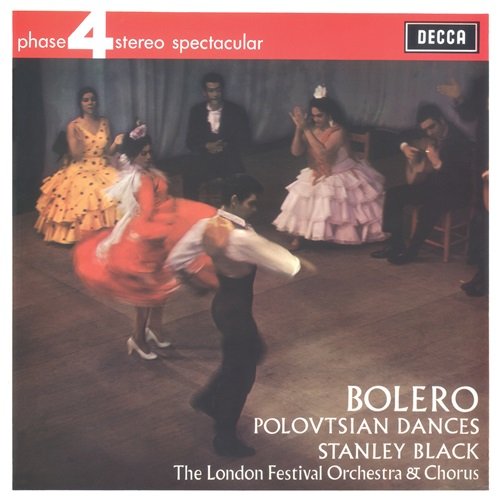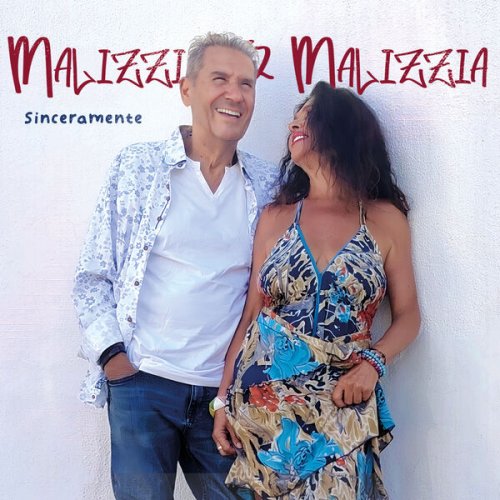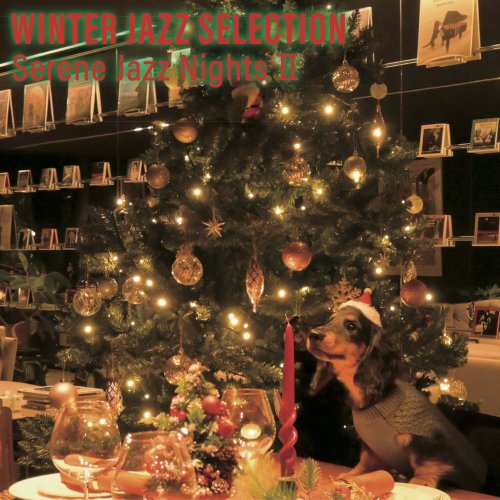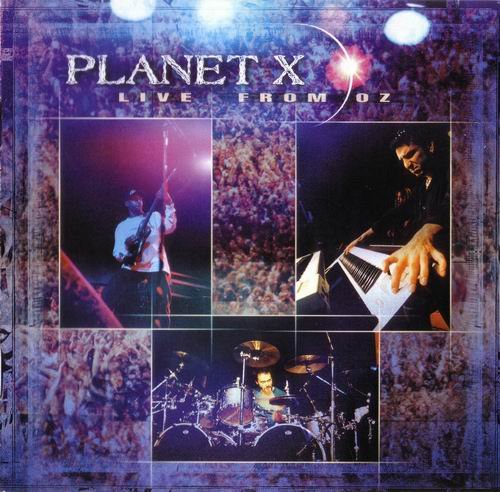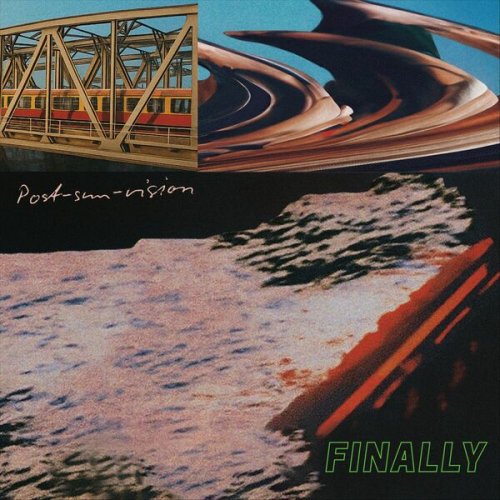01. Love Is The Answer 3:21
02. Touch Me In The Morning 3:52
03. Back Stabbers 3:15
04. Proud Mary 3:41
05. You Are The Sunshine Of My Life 3:29
06. African Symphony (1974 Version) 3:01
07. Ain't No Mountain High Enough 3:55
08. Boogie Down 3:21
09. A Rainy Night In Georgia 4:33
10. Funky Feet 3:16
Although best known to the listening public at large for his lone headlining hit, the disco blockbuster "The Hustle," Van McCoy in fact enjoyed a long and remarkably prolific career behind the scenes as a songwriter and producer, piling up a series of soul hits prior to his premature death at the age of just 39. Born Van Allen Clinton McCoy on January 6, 1940, in Washington, D.C., as a child he sang with the Metropolitan Baptist Church choir, and by the age of 12 he was writing his own songs in addition to performing in local amateur shows alongside older brother, Norman Jr.
The McCoy siblings eventually partnered with high-school friends Freddy Smith and Paul Comedy in the doo wop combo the Starlighters. Serving as their lead vocalist, writer, and music director, Van masterminded the Starlighters' 1956 debut single, "The Birdland," a novelty dance record that generated enough local interest to earn them an invitation to tour the East Coast in support of drummer Vi Burnsides. As military and marital obligations forced the group to dissolve during the months to follow, McCoy entered Howard University to study psychology, but dropped out after a year to pursue a full-time career in music, relocating to Philadelphia and forming his own label, Rockin' Records.
In 1959 Rockin' issued McCoy's debut solo single, "Hey Mr. DJ." While not a major hit, the record did earn the attention of Scepter Records owner Florence Greenberg, who hired him as a staff writer and A&R rep -- there he penned the 1962 hit "Stop the Music" for the Shirelles before signing on with producers Jerry Lieber and Mike Stoller as a writer with their Tiger and Daisy labels. Over the next several years McCoy penned a series of hits, among them Jackie Wilson's "I Get the Sweetest Feeling," Gladys Knight & the Pips' "Giving Up," Betty Everett's "Getting Mighty Crowded," Ruby & the Romantics' "When You're Young and in Love," and -- best of all -- Barbara Lewis' celestial "Baby, I'm Yours." With then-girlfriend Kendra Spotswood, he also wrote, produced, and performed a series of pseudonymous singles, including the Pacettes' "You Don't Know Baby," Jack & Jill's "Two of a Kind," and the Fantastic Vantastics' "Gee What a Boy." (Under the name Sandi Sheldon, Spotswood also recorded the McCoy-penned stomper "You're Gonna Make Me Love You," one of the crown jewels of Britain's Northern soul club scene.)
In 1966 McCoy signed to Columbia to record a solo LP, the Mitch Miller-produced Nighttime Is a Lonely Time; the following year he formed his own short-lived label, Vando, as well as his own production company, VMP (Van McCoy Productions, natch). Beginning in 1971, McCoy began a long and fruitful collaboration with fellow songwriter and producer Charles Kipps -- together they helmed a series of sessions, including David Ruffin's acclaimed 1975 Motown comeback, Who I Am, which yielded the smash "Walk Away from Love." McCoy also arranged several hits for Philly soul legends the Stylistics, but despite his success as a writer and producer, he still sought approval as a performer. In 1972 he issued a solo LP, Soul Improvisations (later retitled From Disco to Love), but it went nowhere.
Expectations were similarly low for 1975's Avco label effort Disco Baby -- McCoy authored "The Hustle" after hearing about the dance from New York City disc jockey David Todd, and the song, written in under an hour, was the last track recorded for the album. "The Hustle" went on to top the Billboard pop chart in July 1975, also earning a Grammy, although McCoy acknowledged he felt extreme discomfort in his new and narrow role as a disco hitmaker. A series of follow-up albums, among them The Disco Kid, 1976's The Real McCoy and Rhythms of the World, and 1979's Lonely Dancer, failed to recapture the massive popularity of "The Hustle," however, and he gradually receded back into the shadows, producing new talent including Faith, Hope & Charity. He died of a massive heart attack in Englewood, New Jersey, on July 6, 1979, exactly six months shy of his 40th birthday.
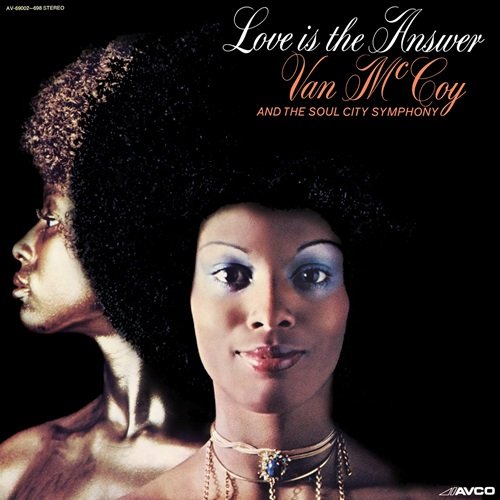

![Afrodream - Guiss Guiss (2025) [Hi-Res] Afrodream - Guiss Guiss (2025) [Hi-Res]](https://www.dibpic.com/uploads/posts/2025-12/1765638325_a2717494732_0.jpg)
